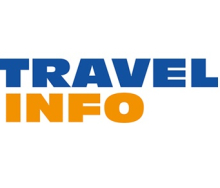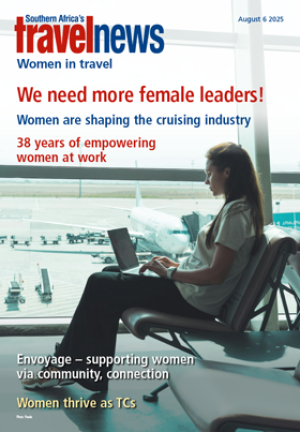Three-quarters of travel agents do not run internship programmes, according to a recent Travel News poll – pointing to a growing skills gap that industry stakeholders warn is deepening the sector’s skills shortage.
According to Otto de Vries, CEO of ASATA, the skills gap is driven by how the industry has positioned careers in travel. “For too long, the industry focused on technical skills rather than developing professionals who could leverage technology to deliver exceptional service.”
“We’ve moved beyond the days when simply knowing your way around a GDS was enough. Yes, digital fluency is important, but we’re struggling to find professionals who can combine technical know-how with strong people skills and genuine travel expertise,” added de Vries.
Training challenges
Time constraints and lack of resources are among the challenges preventing businesses from offering internship programmes. “Many travel agencies are running lean teams where everyone is stretched thin just managing daily operations. The current complexity of managing multiple booking systems due to NDC, and finding time to properly mentor an intern becomes a real challenge,” said de Vries.
Funding is the biggest challenge, according to Andrea Hand, GM - Human Capital of Tourvest DM. “Not many businesses are aware that they are able to apply for funding from SETA for learnerships and internships. There is also the challenge of having to pay a monthly stipend to the learners which some businesses may find difficult to bankroll.”
Dmitri Eremin, GM of The Travel Group believes the main challenge is time commitment, not cost. “If you are serious about setting interns up for success then you have to dedicate time, train them and give them feedback,” he added.
Internships are critical
Internships play an important role in building a talent pipeline for the travel industry. “The best internships expose newcomers to what being a modern travel advisor looks like. We need to demonstrate that this industry offers genuine career progression,” said de Vries.
“Training programmes need to focus more on soft skills, problem-solving, and client relationship management alongside technical competencies. The technology will keep evolving, but the ability to understand what a client really needs and deliver exceptional service - that's timeless,” said de Vries.
Eremin said: “I’m a strong advocate for internship programmes, not just to build a sustainable talent pipeline but also to create opportunities for those entering the travel industry for the first time. The role of the ITC has expanded significantly and as a result many top consultants tend to pursue the ITC route, making it difficult to find talent.”
The Travel Group integrates interns directly into their teams by pairing them with experienced senior consultants. “This allows them to learn on the job while receiving ongoing support and mentorship. They also complete structured external training, which leads to a formal certification,” said Eremin.
Tourvest runs an Unemployed Learnership where learners undergo both theoretical and practical training and are also paired with a mentor.
“Our aim is to promote from within the business by taking in young learners who seize the opportunity to learn and start their careers. We have also partnered with the University of Johannesburg to host students each year to complete their Work Integrated Learning programme with the aim to employ the learners at the end of the programme,” said Hand.














